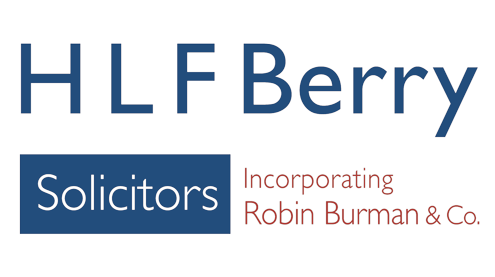What is involved in taking on a commercial lease?
If you’re planning to relocate your business or take on a commercial lease for the first time, make sure you fully understand the terms before going ahead and signing your new lease.
There are so many factors to consider with a commercial lease and you need to ensure the one you sign is right for your business – both today and in the future.
Some Key Considerations For Your Commercial Lease
(There are many others!)
As a guide, be sure to consider the following key points before entering into your new lease. It is also important to speak to a commercial property solicitor who will check you’ve considered all the terms and ensure the lease suits your individual business.
Can You Renew Your Lease?
Thanks to the Landlord and Tenant Act 1954, business tenants have security and often have the right to renew their lease at the end of the term. However, there are certain circumstances in which your landlord can refuse you a new lease.
You should check with your Solicitor if there is a clause that means you as the tenant have no right to renew your lease and that you’ll need to leave the property when the term ends – and consider if this would impact on your business or not.
Can You Exit Your Lease Early?
A break clause provides the option to terminate your lease early should you need to by serving a set notice period. Always check the conditions of an early exit, though, to make sure you can meet these. This is a tricky area – many Tenants have been caught out here.
Is Your Rent Fixed?
Depending on the length of the lease, your landlord may want to include a rent review within your lease on certain dates during its term – these are usually upwards only that your rent is unlikely to decrease following one of these reviews. The details of “Disregards” i.e. matters which should result in less rent than otherwise, should be checked.
Enter into your new lease with the knowledge your business rent will probably increase at the set rent reviews, if these are included within your lease. Consider requesting an initial rent free period, especially if you are fitting out or altering the property.
Does The Permitted Use Work For Your Business?
The permitted use states the specific use for the property as defined in the lease and it’s important you know this won’t restrict your business in any way. It’s also worth checking if you need your landlord’s permission to change the use of the premises, should you want to at a later date.
Will You Want To Make Changes To The Property?
If you think you will, you will most likely need your landlord’s permission to carry out any alterations to the business premises and it’s a good idea to get this consent from your landlord before signing your new lease – this way you know where you stand and whether you can change the property according to your business needs.
Repairing Obligations
Check precisely what you will be responsible for; this is an area where the legal jargon does not necessarily accord with the natural meaning.
Helping You With Your Commercial Lease
Your commercial lease should provide you with the security and peace of mind that you have the freedom to conduct your business in the way you need and want to – today, for the term of your lease, and beyond if you decide to renew it.
Our commercial property solicitors have the experience and understanding of leases and can advise you on the best possible terms your business requires to ensure it performs to its full potential and you are unlikely to encounter any problems or restrictions at a later date. Always try to negotiate a better deal than initially offered by the Landlord – we can help you with your “Shopping List”.
To find out more about commercial leases or to speak to one of our specialist solicitors for advice on a lease you’re considering entering into, please contact us at our Chorlton office on 0161 860 7123 or email chorlton@hlfberry.com






